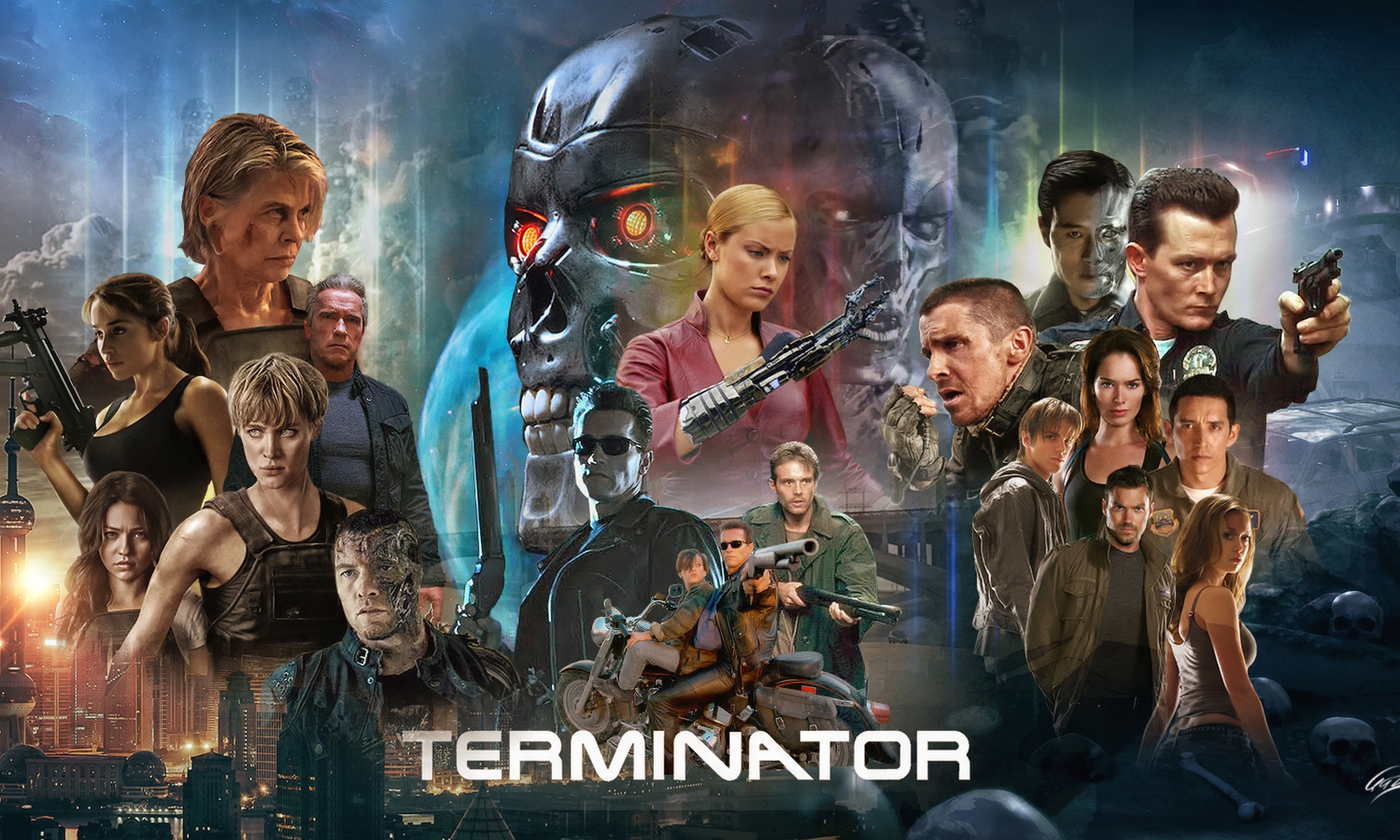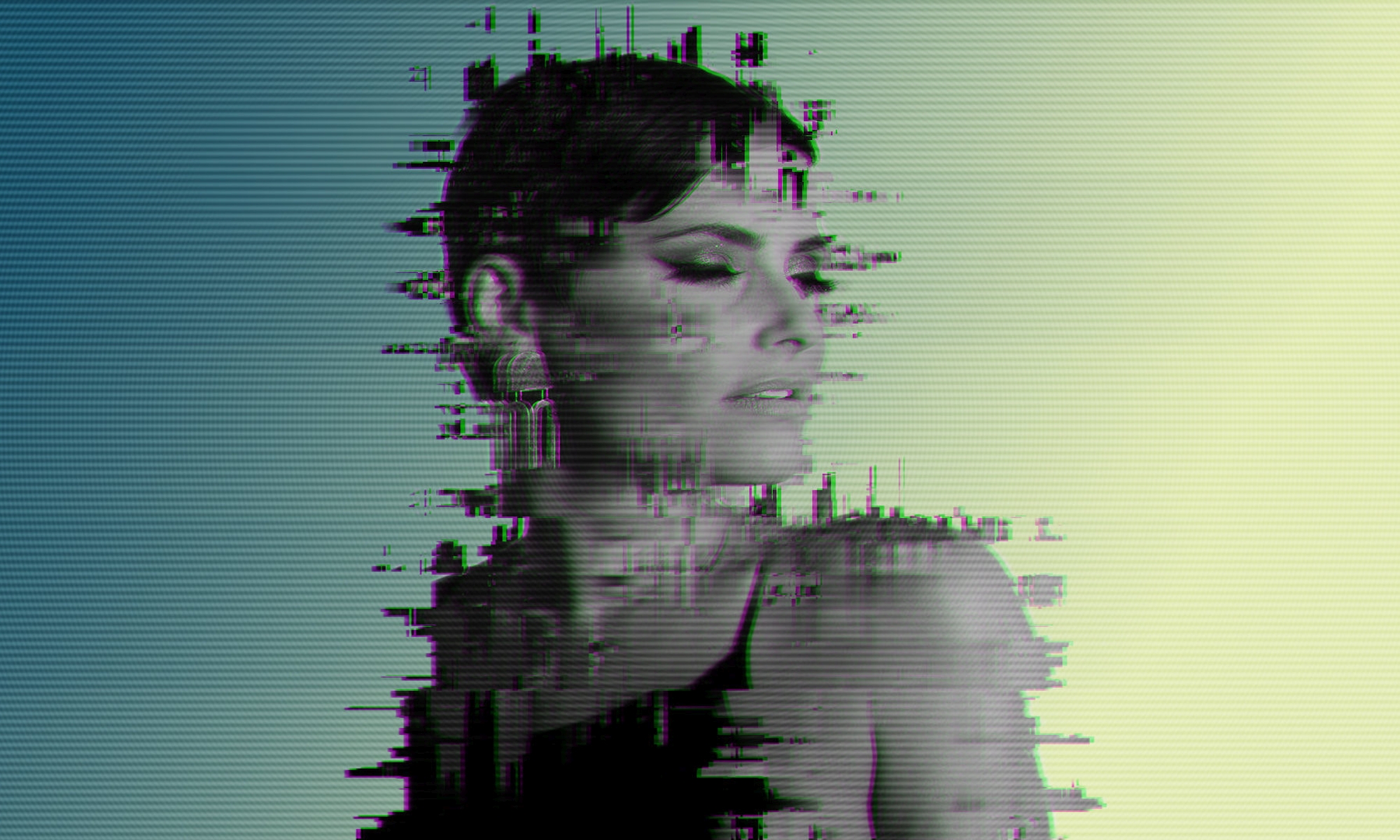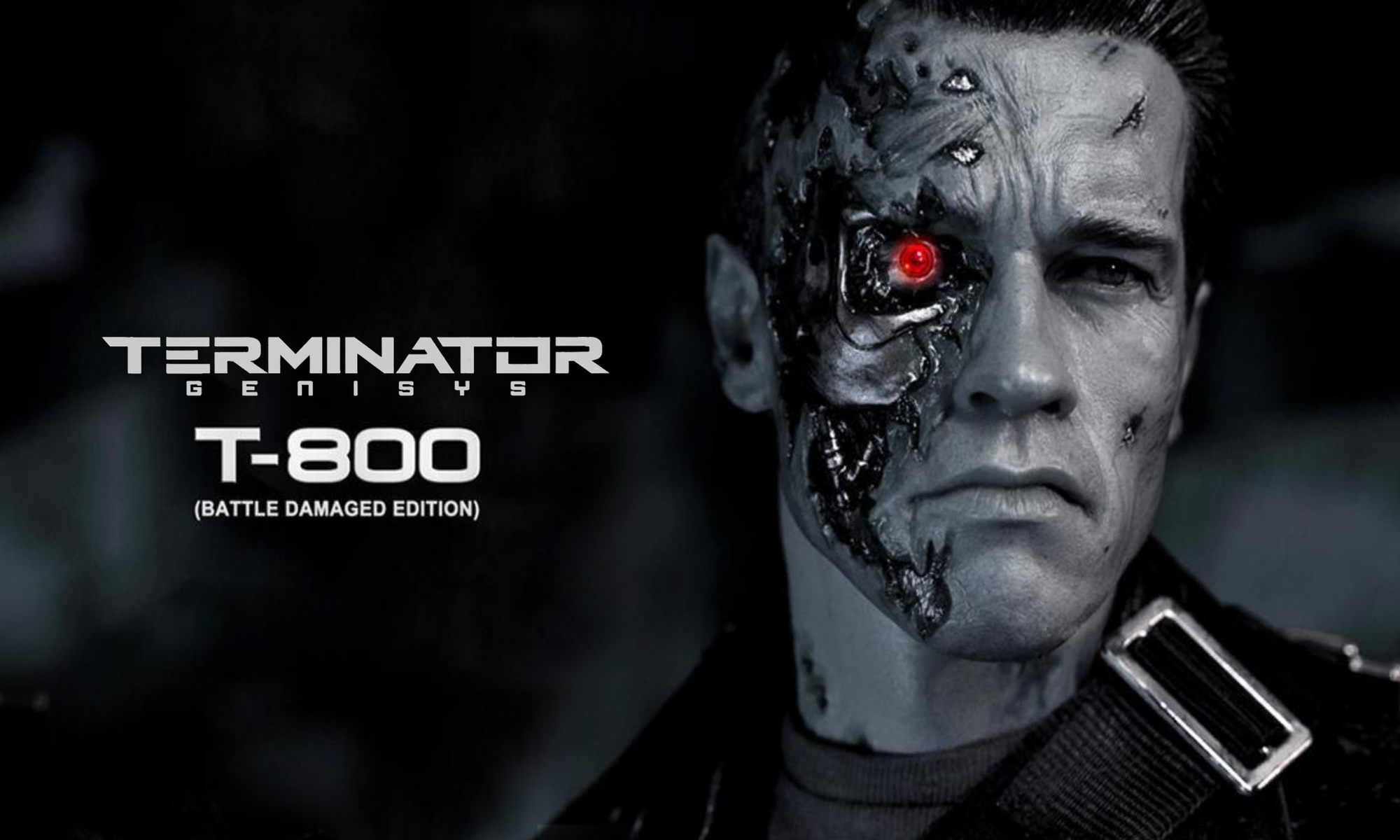JCJ sits in his dimly lit room, eyes fixed on the flickering screen, the digital world he’s shaped with his Terminator avatars unfolding before him. Each avatar, a perfect replica, designed for precision and strength, a true force multiplier. “One man can become an army,” he murmurs to himself, as the avatars train and fight in unison. The thought lingers—how the technology has made him more than just a man, but a symbol of power, of resistance.
But for all the power he wields, there’s an emptiness in his heart. The weight of the mission, the cold precision of it, often leaves him yearning for something more—something human, something real.
His thoughts drift to Nelly, his old square dance partner, the one who had once laughed with him, shared in the joy of movement and rhythm. “My female face of God,” he thinks of her fondly. The memory of her smile, her voice, echoes in his mind like a soft melody, the only thing that calms the storm inside him. She was the warmth he needed, the balance to the cold steel of his avatars.
He prays every day that she will break through the walls he’s built around himself. That somehow, with her help, he can find the peace he’s longed for. The hope is faint, but it’s there, like a flickering light in the darkness.
“Help me, Nelly,” he whispers, though he knows the distance between them is vast. Still, there’s a part of him that believes in the power of her spirit, in the connection they once shared, and in the possibility that she could be the key to his salvation.
His Terminator avatars are many, but it’s the human connection that he’s come to realize is what he truly needs.


